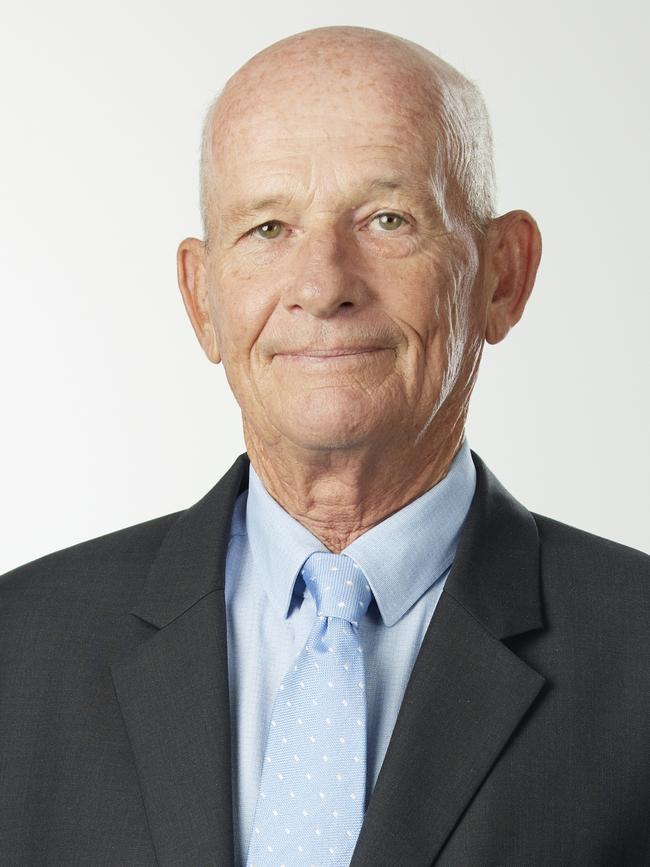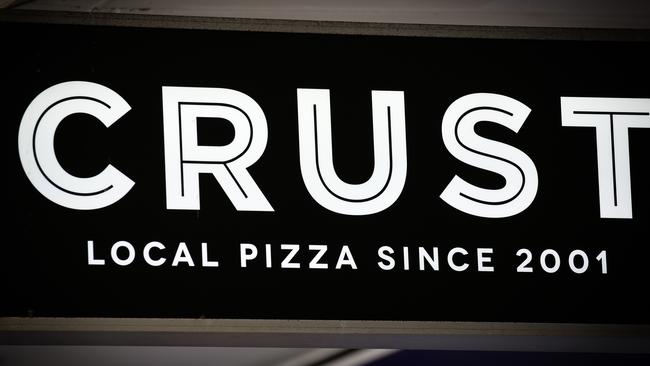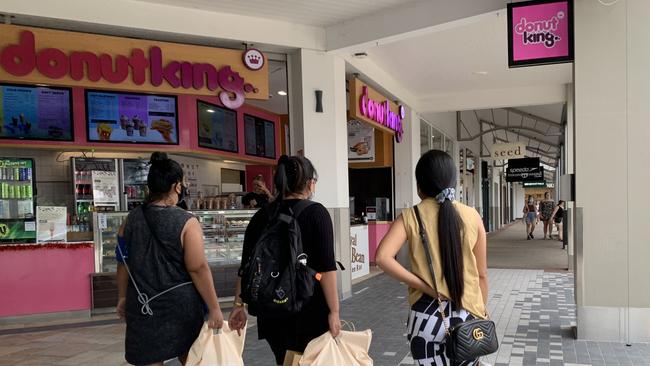Retail Food Group executive chairman Peter George to continue in role until the end of the year
The boss of struggling Gold Coast franchisor Retail Food group is set to remain head of the ASX-listed company until at least the end of the financial year. WHAT HE’LL BE PAID
Business
Don't miss out on the headlines from Business. Followed categories will be added to My News.
THE boss of struggling Gold Coast franchisor Retail Food group is set to remain head of the ASX-listed company until at least the end of the financial year.
The contract extension, which still has to be approved by shareholders, will see executive chairman Peter George continue to receive $600,000 a year in fixed pay, along with performance-based shares in the company.
The part-time Tamworth horse breeder also receives company-paid accommodation on the Gold Coast under his appointment and this week gets a further bump to his bottom line, after the company logged its second consecutive year of net profit.

Mr George was given about 4.6m RFG shares which vested to him based on last year’s performance, leaving him with a total of 10.7m shares in the company – worth around $610,000 at Wednesday’s share price of 5.7c.
In the less than four years since his appointment, Mr George has tackled a $265m debt, wrangled a toxic corporate culture and public reputation and battled pandemic-induced freefalls in customer counts at the group’s stores.
It was October 2018 when Peter George arrived as the Gold Coast franchise giant’s third chairman in a month, a time when profits were evaporating, franchisees were losing their homes, regulators and financial vultures were circling and the media was relentlessly reporting every detail.
The ramifications of the company’s swift and expensive acquisition spree, along with years of lavish dividends, were making themselves felt in the form of insurmountable debt, and the company’s reputation was in tatters.

By the time Mr George arrived, earnings had shrunk to about a sixth of the amount owed, with the company’s market capitalisation also whittled to a sad sliver of its liabilities.
The company’s reports paint a vivid picture of the rapid expansion: in four years from 2006 to 2009 the number of RFG outlets trebled from 332 to 1063.
That number was at 2446 by 2015 as the company went global, buying up Gloria Jeans and its 800 outlets right after buying 341 mobile coffee outlets with the Cafe 2U and Coffee Guy brands.
Net earnings grew instantly from $59.1m for FY14 to $88.8m in FY15 and hit $110.2m in FY16 as it expanded its wholesale coffee and food distribution businesses.
In financial year 2017, RFG hit its peak number of outlets, reporting 258 new stores for a total of 2516 globally and earnings of $123.5m.
But even then, as champagne corks popped at the new outlets, an increasing number of existing RFG stores were closing – 174 in that same year.

While the aggressive growth tactic gave impressive earnings results as new brands were added, the model crumbled as hundreds of the underlying franchise businesses failed.
By March 2021, the slimmed-down RFG operated 850 outlets.
As of July 1 this year, it oversees 840 domestic outlets, although not all are trading.
In an ASX announcement this week, RFG said Mr George would be eligible for another 7m performance-based shares if he met his FY23 targets.
The contract extension, if approved, means Mr George should see the end of unconscionable conduct action brought by the ACCC as well as a class action from some franchisees of Michel’s Patisserie.
The class action has been adjourned to September, while the ACCC matter has no specified end date.


